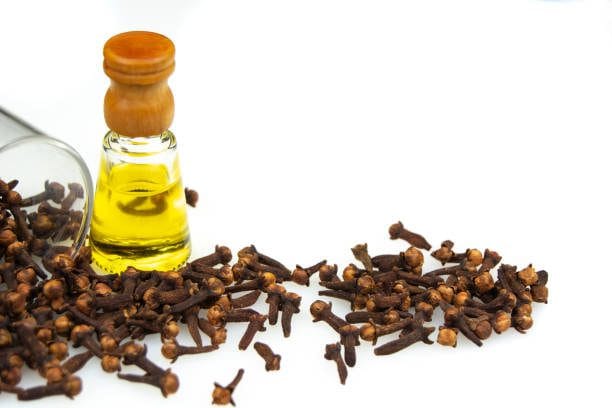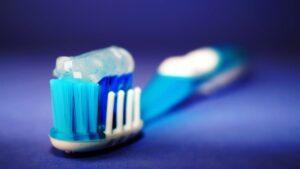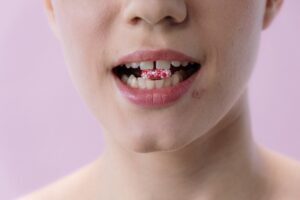Experiencing a toothache can be thoroughly uncomfortable, affecting your ability to enjoy daily activities and have a good night’s sleep. If you have dental pain, several fast methods can help reduce it. They can ease your discomfort until you can see a dentist. This article outlines various techniques and explains how they can help soothe your toothache quickly.
Immediate Relief Methods
Over-the-Counter Pain Relief
One of the quickest ways to relieve a toothache is to take over-the-counter (OTC) pain drugs. NSAIDs, like ibuprofen or aspirin, can cut inflammation and ease pain fast. It’s important to follow the dosage instructions on the packaging to avoid any side effects. Remember, while these drugs can bring quick relief. But, they are not a long-term fix.
Cold Compress
Putting a cold compress on your cheek can greatly reduce toothache pain. This is especially true if there’s swelling. Wrap ice in a clean cloth and apply it to the affected area for 15 to 20 minutes every hour. The cold helps to constrict the blood vessels, reducing inflammation and numbing the pain.
Salt Water Rinse
A salt water rinse is a simple yet effective way to clean your mouth and ease toothache pain. Mix half a teaspoon of table salt into a glass of warm water. Swish it around your mouth for a few seconds before spitting it out. This solution reduces swelling. It also kills harmful bacteria that could be causing the pain.
Natural Remedies
Clove Oil

Clove oil is famous for its pain-relieving properties. This is due to a compound called eugenol. To use clove oil for toothache, apply a small amount to a cotton ball and dab it on the affected area. This can numb the pain and provide temporary relief. However, be cautious not to use too much, as it can be quite potent.
Garlic

Garlic is not just a kitchen staple but also a powerful remedy for toothache due to its antibacterial properties. Crushing a garlic clove and applying it to the affected tooth can help reduce pain and bacterial activity. If the taste is too strong, try mixing it with a bit of salt.
Tips for Reducing Pain at Night
Elevate Your Head
When trying to sleep with a toothache, keep your head elevated with extra pillows. Lying flat can cause more blood to rush to your head, intensifying the pain. Raising your head helps prevent this. It can also make it easier to fall asleep despite the discomfort.
Avoid Certain Foods
To prevent aggravation of the pain, avoid consuming hard, cold, or acidic foods before bed. These can irritate the tooth and lead to increased pain, making it difficult to fall asleep.
When to See a Dentist
Home remedies can give temporary relief. But, it’s crucial to consult a dentist if your toothache:
- Lasts more than two days
- Is severe and prevents you from eating or sleeping
- Comes with other symptoms like fever or earache
A dentist can find the cause of your toothache. They can then give the right treatment to stop more problems.
Need Professional Help? Contact Moston Dental Practice
If your toothache persists, don’t wait for it to get worse. Contact Moston Dental Practice today. Our experienced team is ready to provide you with professional advice and treatment options tailored to your needs. We’re here to help you achieve pain relief and maintain your oral health. Don’t suffer in silence—call us or visit our website to book an appointment.
Summary
Toothaches can be a right nuisance, but with the right approach, you can quickly reduce the pain and discomfort. Whether it’s through OTC medications, natural remedies, or simple techniques like a salt water rinse, the key is to act swiftly. But, remember, these methods give immediate relief. They are not substitutes for professional dental care. If your toothache persists, make sure to visit your dentist as soon as possible.
By following these straightforward tips, you can manage your toothache effectively and minimise disruption to your day or night. Remember, a toothache often signals dental issues. They need professional attention. Don’t delay in seeking dental advice.




